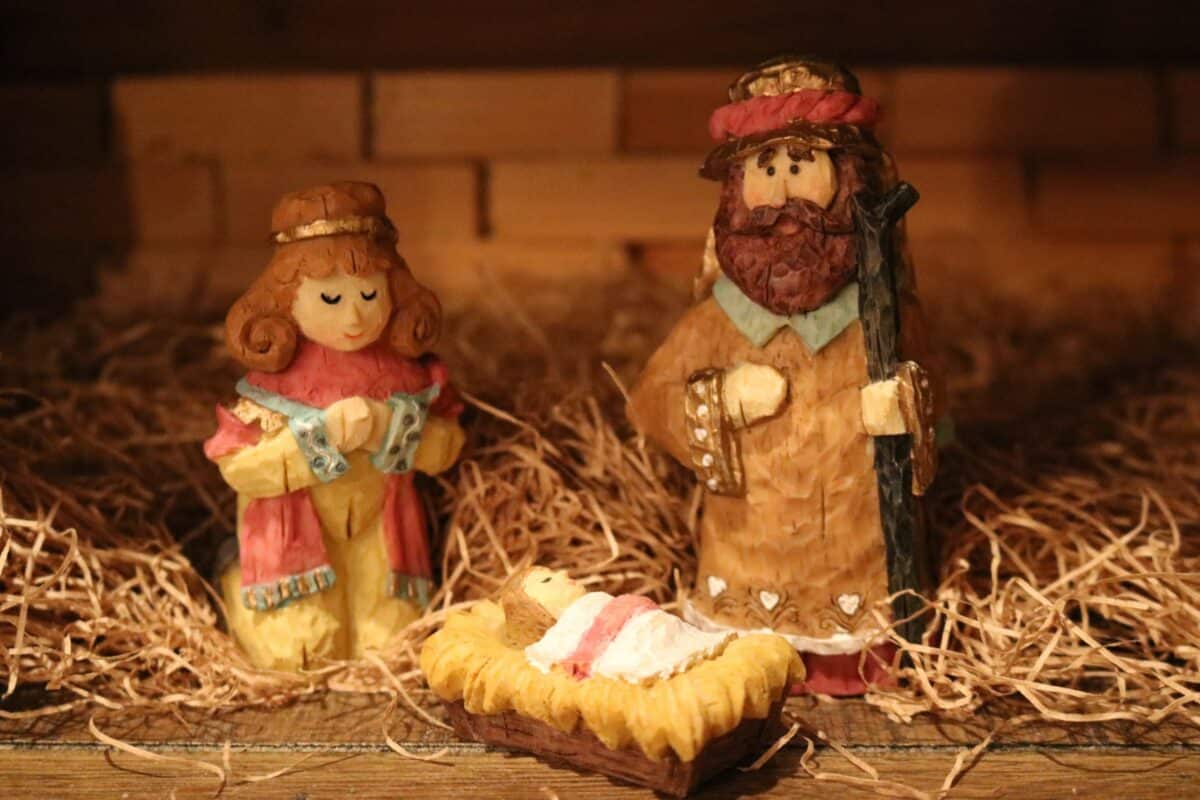In the past, I have been scornful and actually quite ranty about Christmas. I’ve railed against terrible Christmas songs and the way we have mangled the Christmas story. However, I’ll let you into a secret. I love Christmas. More than that, when I was a child, it was a time when I was very aware of the presence of God – a sense of holiness that I didn’t really have the language to describe yet. There was something about the traditions, the services, the story and yes, even the songs.
Before you think that I was some kind of saint-child, I was also obsessed with the presents. I was one of those kids who was awake at 4am, desperate to open a gift (my parents had told me that I wasn’t allowed to get up until 7.30; those were the longest three and a half hours in the history of the world).
This dual outlook is probably true of most children and young people. The presents and the food are probably there at the forefront of their consciousness, but the magic of the story (if you’ll allow me to use the word ‘magic’) is still tangible.
Sometimes with children, we can tick all the Christmas boxes (Nativity play, Christingle, Christmas party complete with Santa) and leave it at that. These are all amazing things to do, don’t get me wrong – they can welcome new families to our community and provide a first encounter with amazing story of Jesus’ birth – but they stop short of the ‘so what’ question. So what does this actually mean for the children and their families?
Children have an innate, inbuilt spirituality; a capacity to meet with God that we often underestimate. And, like me when I was a child, this can come to the fore at Christmastime. How can we push beyond ticking those boxes and help children meet with Jesus this Christmas?
And for young people, we can often see Christmas as a children’s story, rather than events that changed the world – events that have the power to change lives now. We sometimes can gloss over the story and hurry onto something we think might be more ‘relevant’ to them. But what can be more relevant that Jesus Immanuel – Jesus coming to live with his people on Earth. Jesus lived like us, he shared the emotions that we feel, he had triumphs and was let down by others. He faced the most difficult suffering of all. The young people we work with may not realise that Jesus was born in jeopardy and lived a life fraught with danger. How can we help the young people in our communities engage with this life-changing story, rather than thinking that Jesus is only for the Nativity play or the Christmas carol?
One easy thing we can do for both children and young people (and adults for that matter) is to provide space for them to dwell on the story and what God is saying to them. Space to reflect isn’t often part of our Christmas programme, but stopping and contemplating on the drama and truth of the story will help people encounter Jesus who came to save the world.
